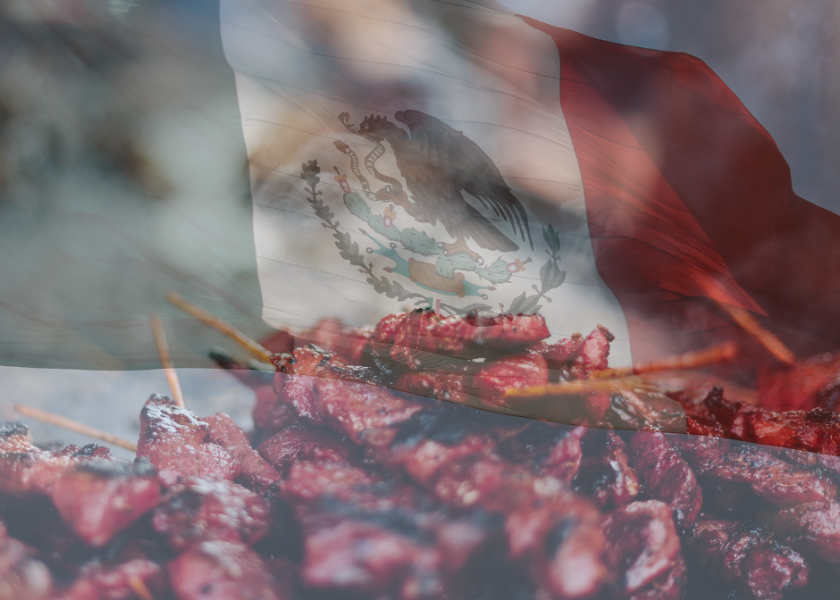Potential Shake Up to Come in the Mexican Meat Market?

The Government of Mexico recently issued a decree describing an agreement with a number of private companies aimed at reducing prices of basic foods, including some pork and beef cuts, the U.S. Meat Export Federation (USMEF) reports.
This decision is two-fold.
In May of this year, using a first-time blanket suspension order, Mexico announced duty-free imports on pork, beef and poultry through the end of 2022 in an effort to combat food price inflation. This decision opened doors for suppliers previously subject to retaliatory duties to tap the Mexican market at higher volumes.
However, this recent decree adds a twist.
“One of the creative pieces appears to be an effort to allow imports from additional supplying countries,” says Erin Borror, USMEF vice president of economic analysis. “Initially that raised a lot of concerns. Our immediate concern was ensuring that the Mexican authorities were still going to strictly enforce all animal health and food safety requirements. Our trade obviously goes both directions, and we can't have any risk introduced.”
As more information is revealed about the decision, it appears that all sanitary regulations will continue to be enforced. However, these changes could cause a shake up in the Mexican market, USMEF notes.
While Mexico allows imports from a handful of European countries, benefiting from the duty-free announcement earlier this year, the big question remains—will Brazil gain access in beef and pork?
Borror notes the ban on Brazillian beef and pork stems from foot-and-mouth disease (FMD) in the country. “Here in the U.S., we allow imports from certain states in Brazil that have either FMD-free or FMD-free with vaccination status. If Mexico takes a similar track, then it would introduce more competition into the market.”
Mexico remains the top importer of U.S. pork, with a pork export value of $1.25 billion from January through August of this year alone.







